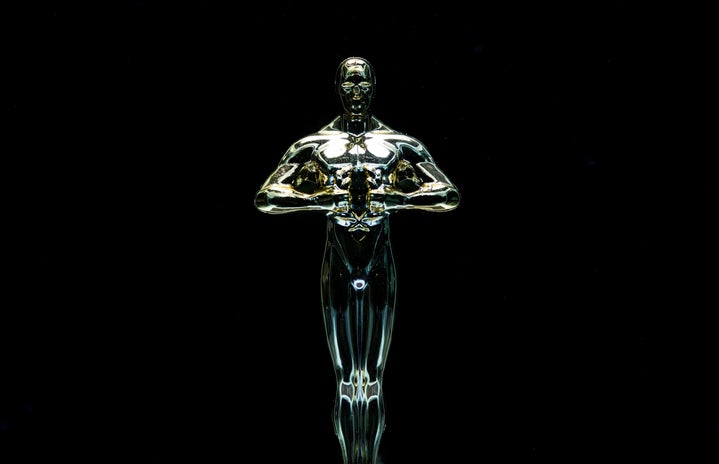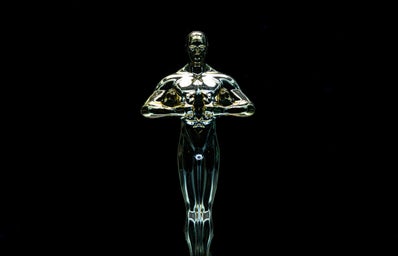The Oscar nominations, released on January 13th, have been heavily debated over the past few weeks, but not over their quality of acting or cinematography. The Oscars have received attention over their lack of diversity, specifically the lack of women, included in the Best Director category. Out of the five directors nominated, all are men and almost all are white, with the exception of Parasite’s Bong Joon Ho. Many critics say that directors like Great Gerig (Little Women) and Lulu Wang (The Farewell) are strong contenders and were wrongfully overlooked.
Unfortunately, these controversies are nothing new to the Oscars and the film industry at large. The first Oscars ceremony was held in 1929. In the 91 years since, only five women have been nominated for Best Director, and out of those five, only one, Kathryn Bigelow for The Hurt Locker in 2010, has won.
A gendered bias is not just present, however, in directing. All departments of the film industry lack female representation, starting with the kinds of stories that are chosen to be produced into a film. According to the Center of Study for Women in Television and Film, only 37% of major characters in movies are female. In addition, while male characters accounted for 66% of speaking characters, women make up only 34%. Studies also show that when more women are involved in behind-the-scenes roles as a director or writer, a film is more likely to have speaking female characters and major female characters.
One reason why the Oscar nominations lack diversity is because the Academy, the body of people that vote on the nominations, also lacks diversity. Despite some efforts to add more diverse members in recent years, the Academy is largely white and male. As of 2018, 31% of the voters were female and only 16% of voters were nonwhite. Clearly, these measures have not gone nearly far enough.
In 2018, the TIME’S UP movement was founded by Hollywood celebrities in response to the MeToo movement and the many allegations against Harvey Weinstein. The organization provides legal funding for women who have experienced sexaual harrassment. In addition, the movement has helped bring injustices against women in the film industry to light. In response to the exclusion of women in the Best Director category, the Chief Operating Officer of TIME’S UP, Rebecca Goldman, stated “This is why Time’s Up exists — to ensure women in entertainment and across industries get the opportunities and recognition they deserve. And we won’t stop fighting until they do.”


